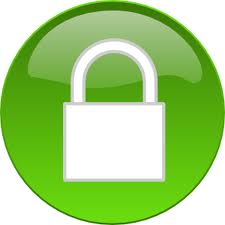I spent the five happiest years of my life in a morgue. As a forensic scientist in the Cleveland coroner’s office I analyzed gunshot residue on hands and clothing, hairs, fibers, paint, glass, DNA, blood and many other forms of trace evidence, as well as crime scenes. Now I'm a certified latent print examiner and CSI for a police department in Florida. I also write a series of forensic suspense novels, turning the day job into fiction. My books have been translated into six languages.
No. Depending on where you work and what you do, your employer might want you to be 'certified' in one area or the other.
I'm not a doctor but I don't see why not. If the flesh and muscle is being crushed between the ribs and the person's hands, that would have to cause damage. Sometimes CPR can cause cracked ribs.
I'm sorry, I thought I answered this one. We work 40 hours per week, some of us are on four 10s and some on rotating 12 hour shifts. Each of us takes a turn on being 'on call' for overtime calls.
I'm sorry but that can, and has, fill several textbooks. There's just no way for me to summarize it in a paragraph.
Social Network Security Manager
 How has Facebook remained mostly immune to hacks?
How has Facebook remained mostly immune to hacks?
3D Games Developer/Programmer
 Is the new Oculus Rift thing as cool as everyone says?
Is the new Oculus Rift thing as cool as everyone says?
Dating Website Employee
 What are the most common mistakes guys make on out their profiles?
What are the most common mistakes guys make on out their profiles?
Only local, to other government agencies or for training.
Yes, they are different substances.
Yes, all the time. That's part of my job. But that will depend on what your job is, some people work only in the lab, and others work only at crime scenes.
-OR-
 Login with Facebook
Login with Facebook (max 20 characters - letters, numbers, and underscores only. Note that your username is private, and you have the option to choose an alias when asking questions or hosting a Q&A.)
(A valid e-mail address is required. Your e-mail will not be shared with anyone.)
(min 5 characters)
By checking this box, you acknowledge that you have read and agree to Jobstr.com’s Terms and Privacy Policy.
-OR-
 Register with Facebook
Register with Facebook(Don't worry: you'll be able to choose an alias when asking questions or hosting a Q&A.)